By: Lara Bazelon.
There is an uncomfortable truth in the current system. No one wants to talk about it.
Education Secretary Betsy DeVos’s proposed regulations overhauling how colleges handle sexual assault, which may become law in January, are far from perfect. But there is a big reason to support them: I’m a feminist and a Democrat, and as a lawyer I have seen the troubling racial dynamics at play under the current Title IX system and the lack of due process for the accused. Ms. DeVos’s proposals take important steps to fix these problems.
Consider this scenario: A young black man enrolls at a state university in California on an athletic scholarship. He’s the first person in his family to go to college. His teammate’s white ex-girlfriend matches with him on Tinder, comes to his apartment, has sex with him and, they both agree, returns three days later to have consensual sex.
Weeks later, the young woman, who has reconciled with her boyfriend, claims the Tinder match raped her during the first sexual encounter. The Tinder Match adamantly denies this. Her boyfriend, who is also black, says she is lying. There is no hearing, no chance for the accused to ask her questions.
But the Title IX investigator concludes that he committed sexual assault by finding her more credible than him under the preponderance-of-the-evidence standard, under which the accuser must prove there is a greater than 50 percent chance her claim is true. He’s one of a few black students on campus and worries he may get killed after word spreads.
This happened in early 2018 to a client in the pro bono clinic I direct with my law students. We represent low-income students of color in California who face expulsion based on allegations of sexual assault.
We see what the Harvard Law School professor Janet Halley described in a 2015 law review article: “The general social disadvantage that black men continue to carry in our culture can make it easier for everyone in the adjudicative process to put the blame on them.” That’s why the DeVos regulations are a step forward.
Here is how they would work. Cross-examination would be conducted by an adviser for the accused (not, as some coverage has erroneously said, by the accused.) The accuser may sit in a separate room or participate via videoconference. The right to cross-examine goes both ways: The accused must also answer questions posed by the accuser’s adviser.
The changes would also do away with the problematic “single investigator system” where the person who interviews the witnesses and gathers the facts also serves as the judge and jury — a method the California State University System uses for its 485,000 students across 23 campuses.
The revisions are in line with court decisions that have characterized the current system as unfair. In August, the Court of Appeals for the Sixth Circuit, ruling in a case from Michigan, declared that if a public university adjudicates what is essentially a “he said, she said” case, “the university must give the accused student or his agent an opportunity to cross-examine the accuser and adverse witnesses in the presence of a neutral fact-finder.” This year, two California appellate courts have overturned university decisions to suspend students for committing sexual assault because their procedures were so lacking in basic due process.
Meanwhile, my client has been barred from campus for more than nine months. (His suspension was based on this allegation and a second allegation by another accuser, which was found to be unsubstantiated by the evidence; that accuser is appealing.) The DeVos regulations and the two California appellate rulings are most likely his only hope of avoiding an expulsion that would tar him as a campus sex offender and most likely prevent him from getting into another school.
The current system of adjudicating sexual assault complaints is broken. Under the rules set up by the Obama administration, hundreds of colleges, including many in California, were placed under federal investigation and threatened with the loss of funding for failing to adequately investigate sexual assault complaints. The definition of what constituted an assault was vastly expanded. Nonpunitive resolutions such as mediation were forbidden, even if that is what both sides wanted.
The Obama rules were written to address a real problem: a tendency by colleges to sweep sexual assault allegations under the rug. But it also gave risk-averse schools incentives to expel the accused without any reliable fact-finding process.
The Office of Civil Rights does not collect data on race in Title IX cases, but the little we know is disturbing: An analysis of assault accusations at Colgate, for example, found that while only 4.2 percent of the college’s students were black in the 2012-13 school year, 50 percent of the sexual-violation accusations reported to the school were against black students, and blacks made up 40 percent of the students who went through the formal disciplinary process.
We have long over-sexualized, over-criminalized and disproportionately punished black men. It should come as no surprise that, in a setting in which protections for the accused are greatly diminished, this shameful legacy persists.
“I’ve assisted multiple men of color, a Dreamer, a homeless man and two trans students,” Professor Halley told me. “How can the left care about these people when the frame is mass incarceration, immigration or trans-positivity and actively reject fairness protections for them under Title IX?”
We can fix this. The DeVos reforms are in their public comment period, which gives people on all sides of this debate a chance to weigh in. That is a good thing. I know my allies on the left will criticize my position, but we cannot allow our political divisions to blind us to the fact that we are taking away students’ ability to get an education without a semblance of due process. What kind of lesson is that?
Source of the article: https://www.nytimes.com/2018/12/04/opinion/-title-ix-devos-democrat-feminist.html
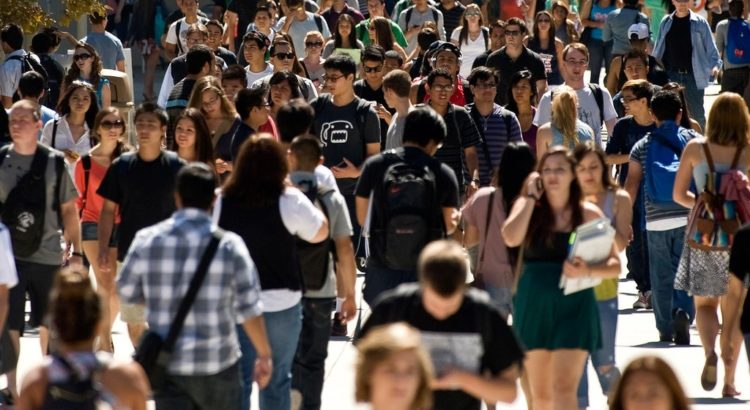
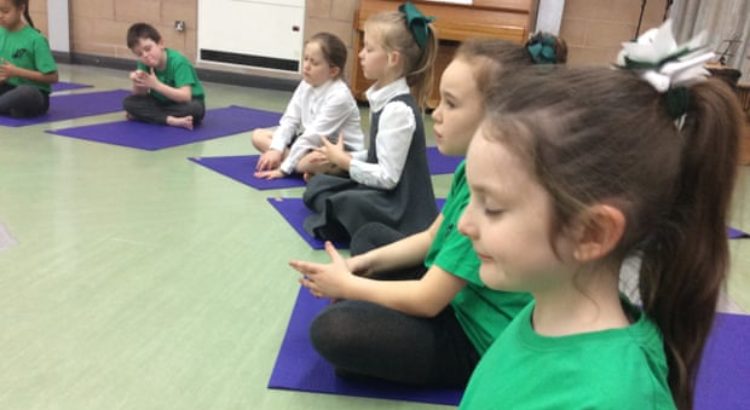
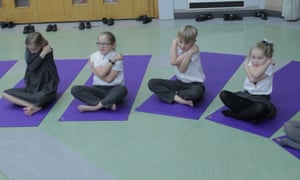
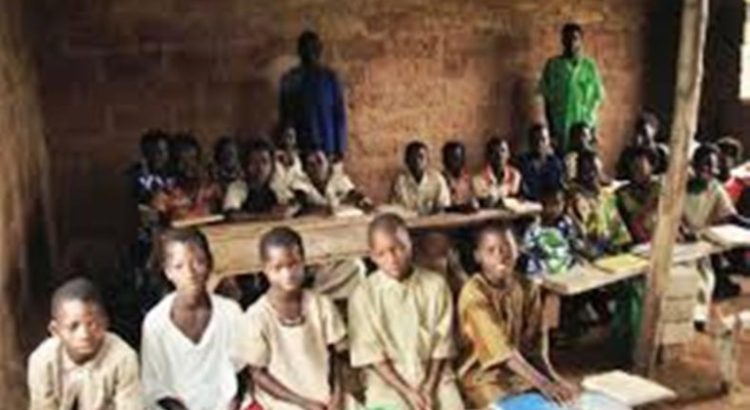
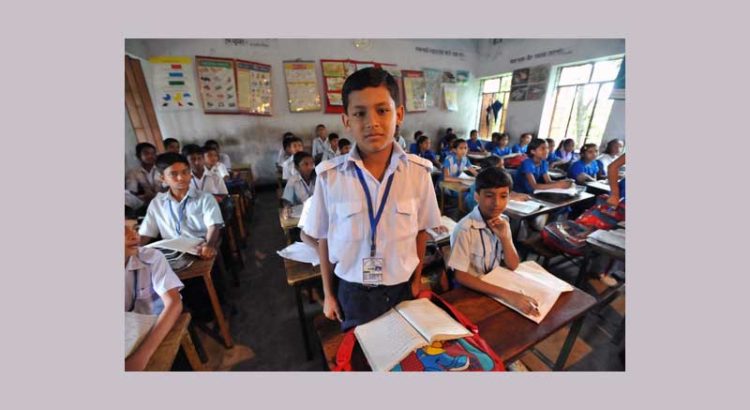
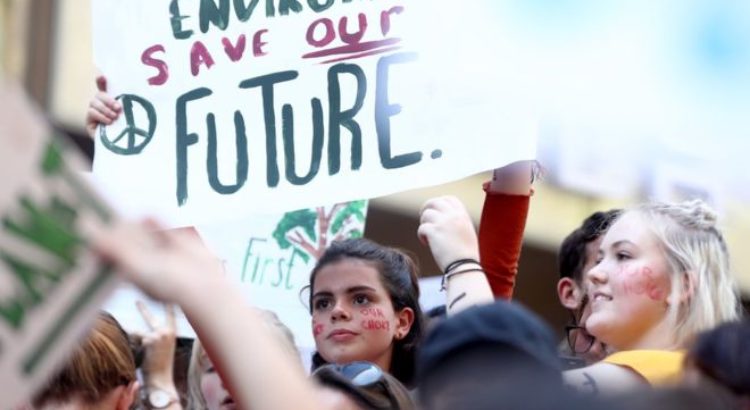
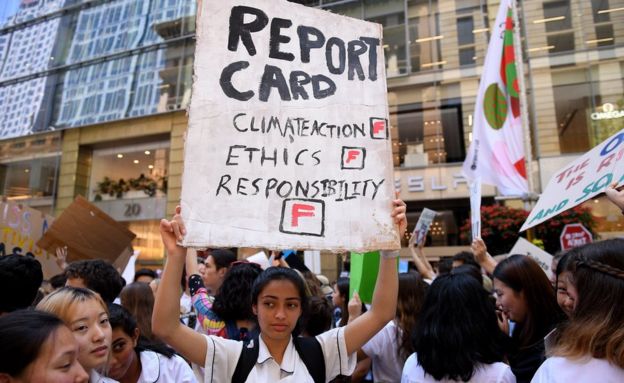
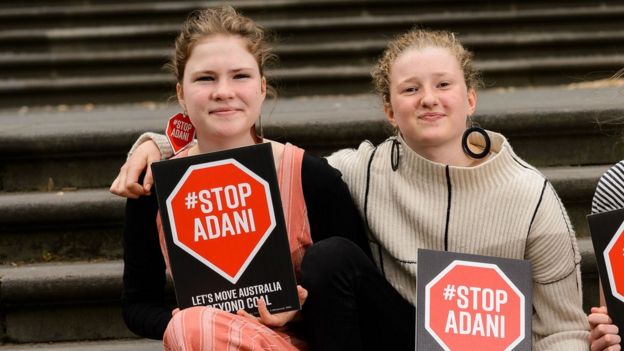
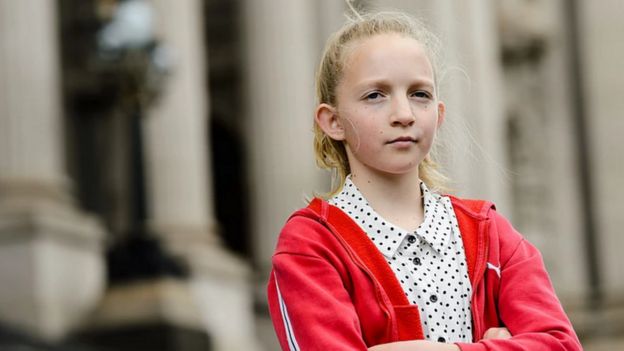
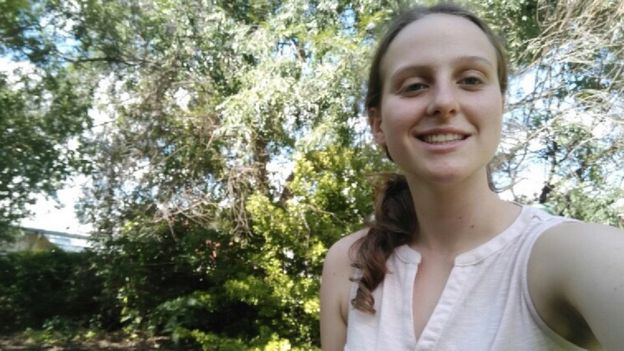
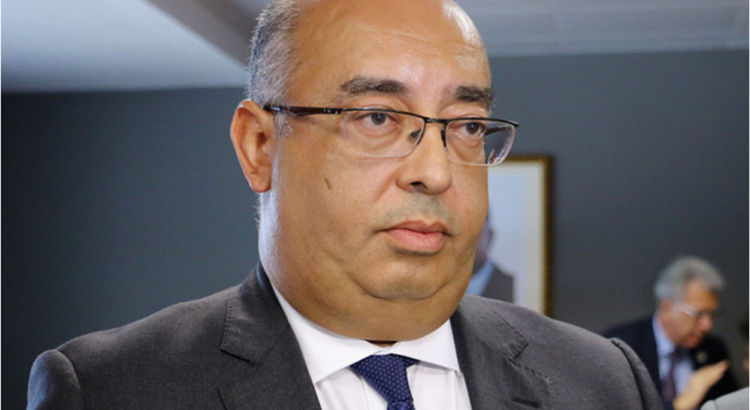
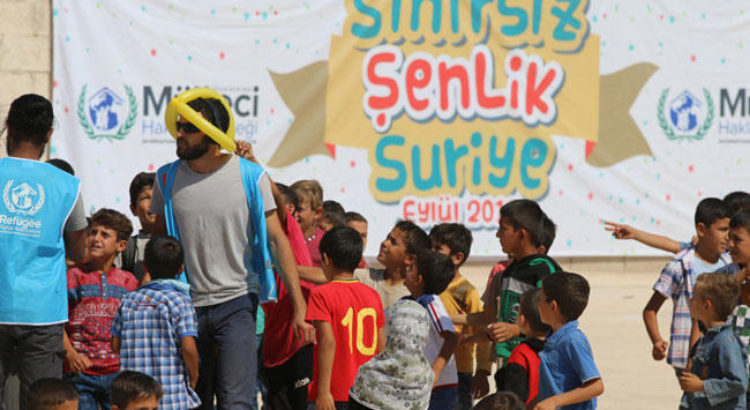







 Users Today : 32
Users Today : 32 Total Users : 35460919
Total Users : 35460919 Views Today : 73
Views Today : 73 Total views : 3420263
Total views : 3420263